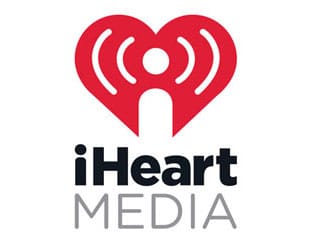Leigh Ellis, President of privately owned Radio One Communications (which is not related to the public company with a similar name), took to the OpEd pages of Northwest Indiana Times to make the case against the Performance Rights Act. The newspaper services the southeast suburbs of Chicago, and Ellis praised the area’s representative to Congress, Pete Visclosky, for his opposition to PRA.
Ellis hit all the right notes: noting how recording conglomerates are taking time out from their historical tendency to abuse artists long enough to say the Act is about enriching them, when in fact their primary interest is in enriching themselves.
Ellis also explained to readers that despite the many music sites available on the internet, radio remains the primary medium for aggregating enough of an audience to successfully promote new music. The value of free on-air promotion – every spin is on average the equivalent of a free three-minute commercial – goes unmentioned in recording industry debating points and unfortunately has been ignored by many in Congress.
“If enacted, a performance tax could force Indiana radio stations to cut more jobs and reduce the fund-raising and public service initiatives for local charities throughout the state — all for the benefit of the foreign-owned record industry moguls,” Ellis concluded.
RBR/TVBR observation: It’s obvious that the recording business is struggling; it’s just as obvious that the radio industry is as well.
We don’t mean to go all kumbaya on our readers, but has anyone ever thought how different these mutual struggles might be going if the recording industry had made overtures on how the two groups might work together to make the best of a bad situation?
Wouldn’t it be great if there was a real strong push by both to revitalize the live concert business in a way that supports the sale of recorded music – and related paraphernalia — and injects listener excitement into local radio?
Wouldn’t it be great for an up-and-coming band on tour if a radio station builds up some anticipation, plays some recordings, gets the band on the air, and gives away some concert tickets? We don’t see much of this any more. Why?
Whatever the possibilities for cooperation, the recording industry has instead launched a full scale assault on radio’s dwindling bank account – so we’ll never know what might have been.




